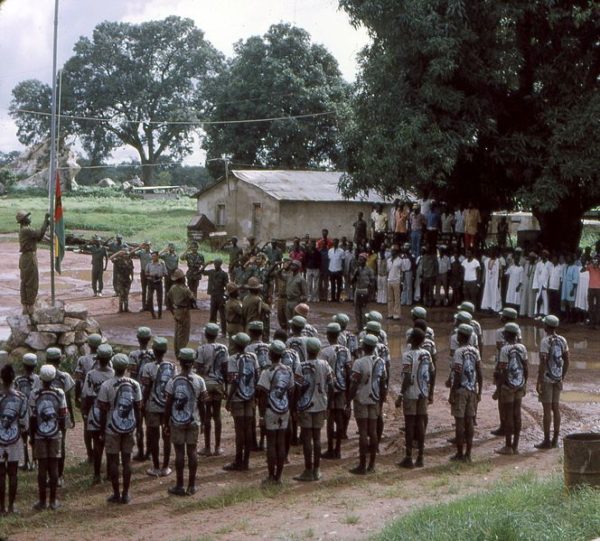Guinea-Bissau War of Independence
In January 1963, the Marxist African Party for the Independence of Guinea and Cape Verde, PAIGC, retaliated against their colonial oppressors by attacking the Portuguese headquarters in Tite. Resistance quickly spread across the entire colony, sparking the Guinea-Bissau War of Independence, a bloody conflict which would eventually be labeled “Portugal’s Vietnam”.
The war between the well-trained and well-led PAIGC guerrillas and the Portuguese Army would prove to be the most intense and damaging of all the conflicts that occurred during the Portuguese Colonial wars. Despite Portugal ratcheting up its offensive posture with troop reinforcements, superior weaponry and divide and conquer techniques, the PAIGC continued to increase its strength and dealt several severe blows to the Portuguese defense forces.
A coup in Portugal on August 26, 1974, also helped the PAIGC’s fight for independence. On August 26, 1974, the new Portuguese leaders and the PAIGC signed an accord in Algeria, in which Portugal agreed to remove all troops by the end of October and to officially recognize the PAIGC controlled government of the Republic of Guinea-Bissau.



